Australia to boost migrant intake as labour shortages affect businesses

Australia is set to lift its intake of migrants to a record 200,000 arrivals a year as it attempts to combat a drastic shortage of workers.
Malaysian government asked to delay amendments to employment act
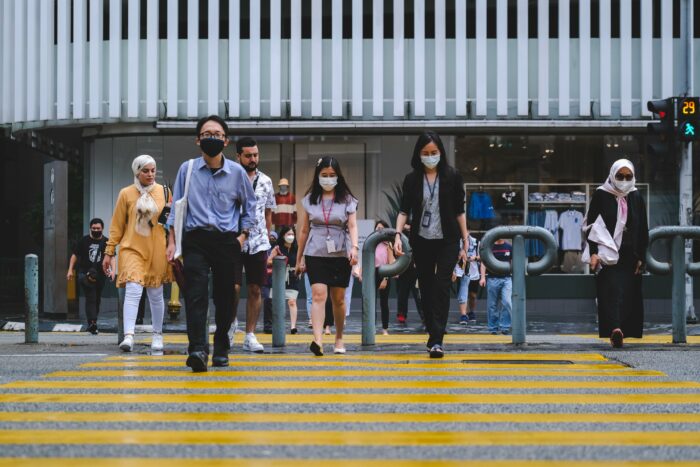
The Malaysian Employers Federation (MEF) cited economic reasons for delaying the implementation of the employment act amendments.
Six-day workweek unattractive to talents in India

Executive talents prefer a five-day workweek for office roles, instead of a long five-and-a-half or six-day workweek.
New Zealand records increase in weekly earnings

There were also more full-time workers and fewer part-time workers, with the latter stemming from a decrease of women workers in part-time jobs.
Singapore aims to hire more working-age persons with disabilities

The republic is targeting to have 40% of working-age persons with disabilities (PWDs) employed by 2030, up from about 30% between 2020 and 2021.
Taiwan trade group pushes for minimum wage hike cap
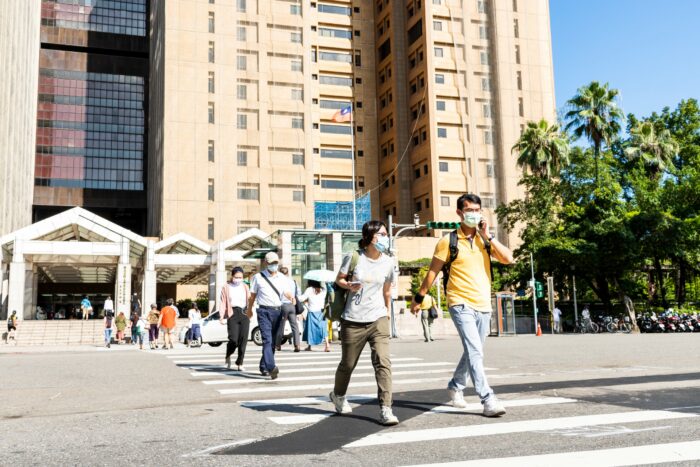
A larger increase might prompt companies to pass additional costs onto consumers, thus driving up prices.
CHRO Series Indonesia: Putting HR strategy into action with impact
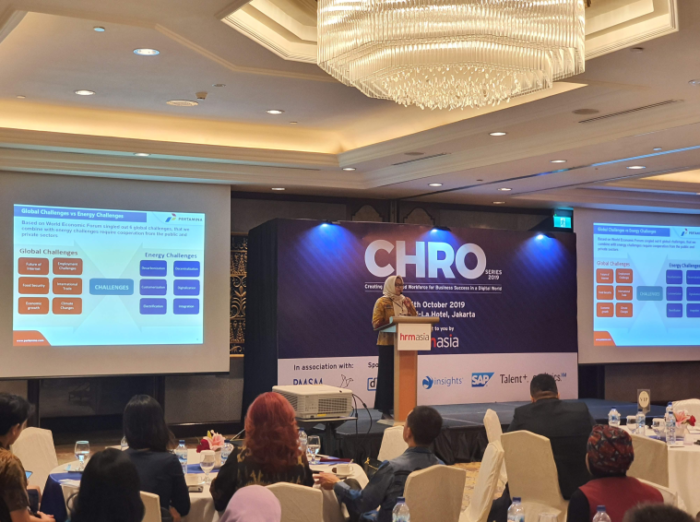
HRM Asia’s CHRO Series Indonesia will return for its 7th edition on October 20 this year at Shangri-La in Jakarta.
South Korea’s factories hiring older workers

With the departure of foreign labour, factories are increasingly turning to the elderly workforce to solve their staffing crunch.
Women’s job opportunities key focus of Australia’s job summit

Growing economic productivity, boosting wages and removing barriers to employment are among other topics that will be highlighted.
Indonesia outlines recommendations for developing tomorrow’s workforce

To produce human resources that are relevant to industrial dynamics, educational curricula that focus on practical skills are imperative.
Profit growth at Japanese firms unlikely to translate to wage hike

Businesses are hesitant to raise wages amid the global economic outlook and increased risk of a global recession.
Flexible work arrangements a priority to jobseekers in Singapore

Employees are also looking for jobs that align with their aspirations and lifestyle to create a more meaningful work purpose.
Majority of Australian firms do not mandate office presence

Over half of HR professionals surveyed expected that remote working arrangements would remain unchanged over the next two years.
Employers should have option of retaining retirees in the Philippines

The hiring and retaining of workers past retirement age should not be mandated and instead be left to the discretion of employers.
More young South Koreans take up flexible jobs

They like the flexibility to choose their working hours and enjoy the freedom from corporate culture and relationships.
More Apple employees returning to the office

Beginning September 5, a mandatory three-day work policy will see employees return on Tuesdays, Thursdays, and a regular third day.
Chinese city facilitates return to work for moms

The Zhongshan city government in Guangdong province has introduced a series of incentives to support “working moms” reentering the workforce.
Indonesia backs tech adoption by MSMEs

Digital transformation is critical for micro, small and medium enterprises (MSMEs) in Indonesia to improve efficiency and business development.
Malaysia urged to delay implementing reduced working hours

The Malaysian Employers Federation (MEF) has urged the government to postpone the reduction in weekly working hours.
Lawmaker pushes for unemployment insurance in the Philippines

A new bill seeks to protect workers who have been laid off by providing assistance during periods of unemployment.
India plans to ease WFH rules for special economic zones

This is to sort out differences in opinions of remote work between developers and IT companies in special economic zones (SEZs).
Australia union urges focus on wage growth and full employment

The Australia Council of Trade Unions (ACTU) has called for an economic restructure that bring benefits to Australians rather than firms.
Thai employers’ body disagrees with minimum wage hike

The Federation of Thai Industries (FTI) is objecting to the Labour Ministry’s plan to enforce a new minimum wage hike on October 1.
Employment in Malaysia rises in 2Q2022

The highest number of jobs was created in the services industry, recording 52.5% or 15,400 jobs, followed by manufacturing and construction.
Increase in the number of elderly workers in the Philippines

Workers aged 65 and above increased to 38.2% in June, up from 34.9% in May, according to the Philippine Statistics Authority (PSA).
Majority of self-employed Malaysians lack social security protection
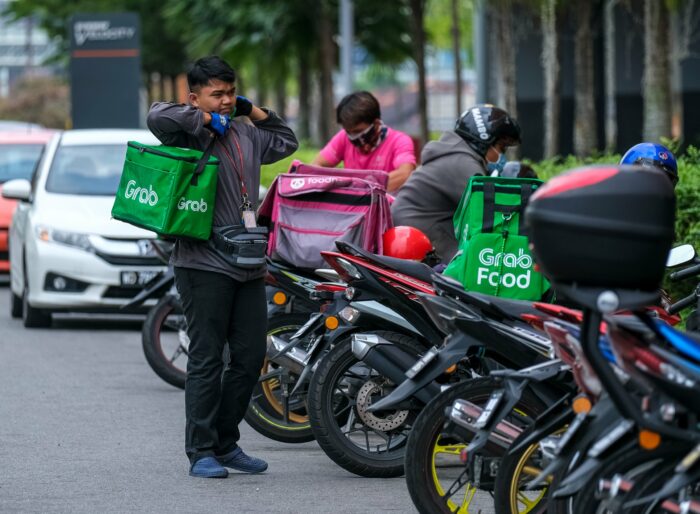
Only 15.5% or 369,107 self-employed people in Malaysia are contributing to the Self-Employment Social Security Scheme (SESSS).
South Korea mandates some workplaces to provide rest facilities

The labour ministry is now making it compulsory for all workplaces employing a certain number of regular employees to provide rest facilities for their staff.
Firms in Singapore risk losing talent over mental health and fatigue

Only about 66% of employers in the city-state are actively taking steps to address mental health challenges.
Malaysia to introduce shorter working hours
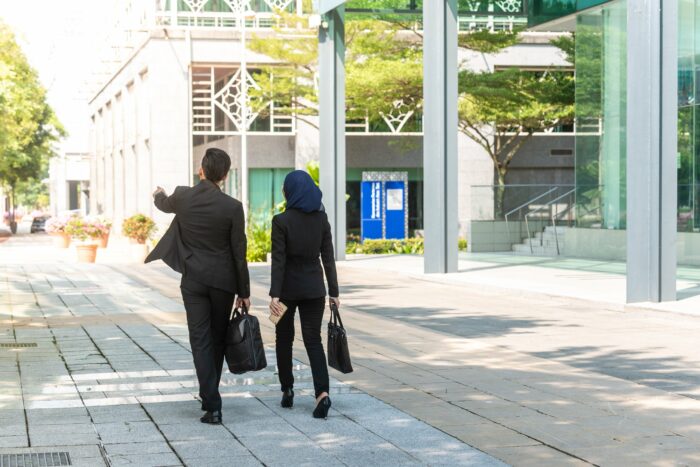
Working hours in the country will be reduced to 45 hours from the current 48, according to amendments to the Employment Act.
Establishing workplace wellbeing plans in New Zealand

Companies are encouraged to gather opinions from their employees and use the information as a basis for the programme.
